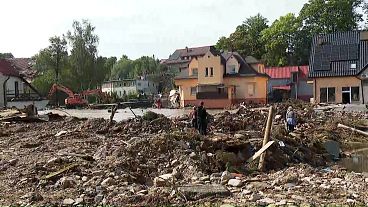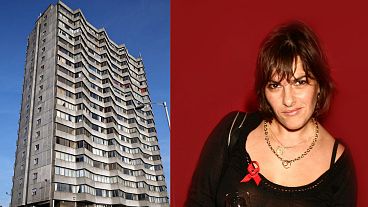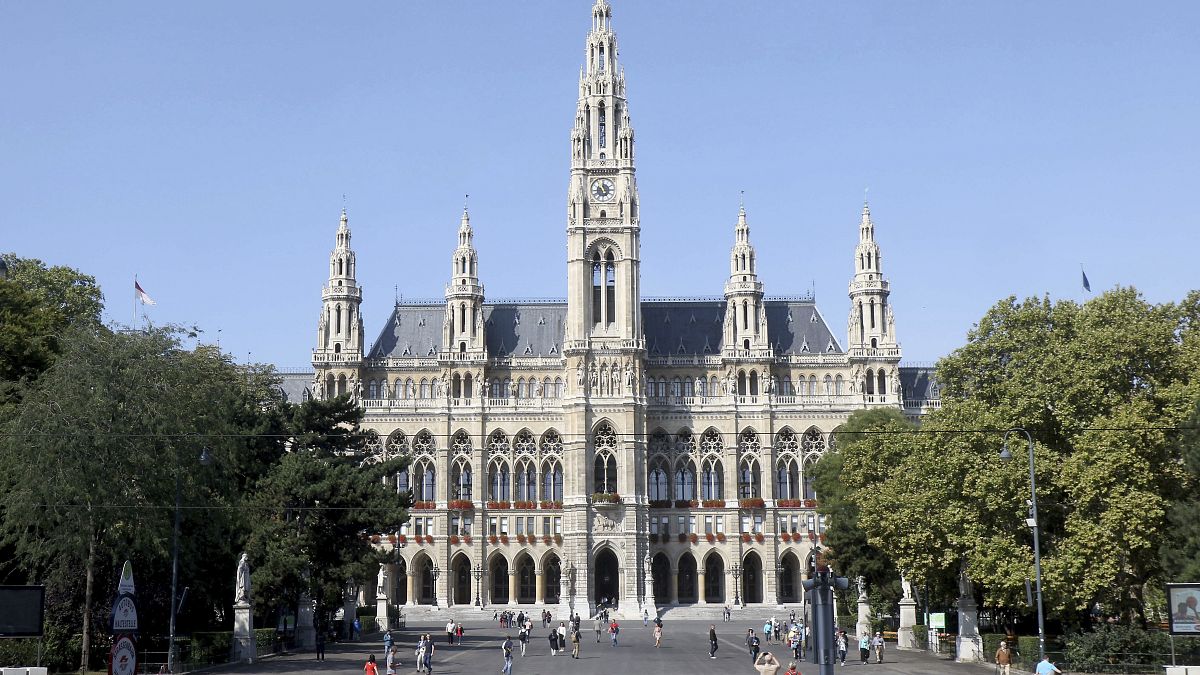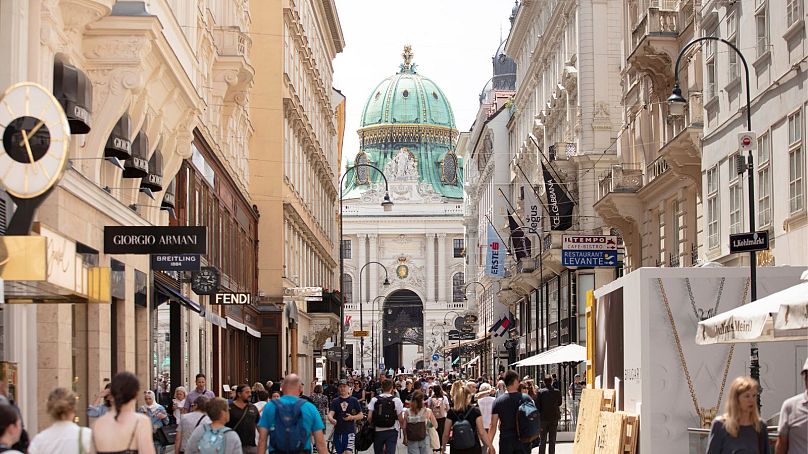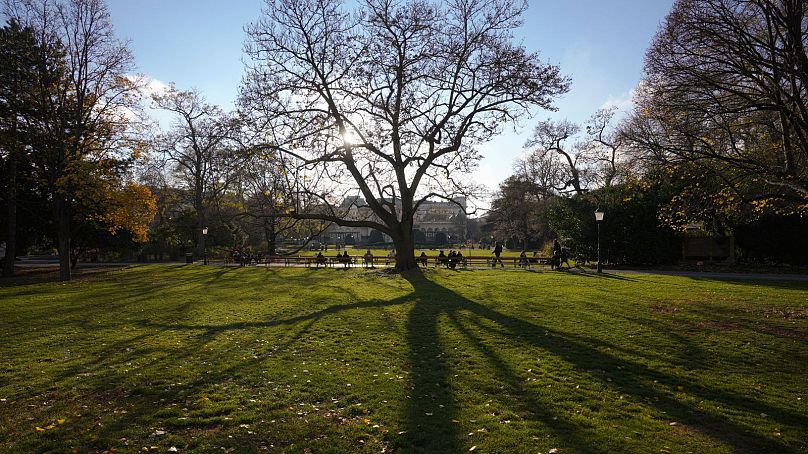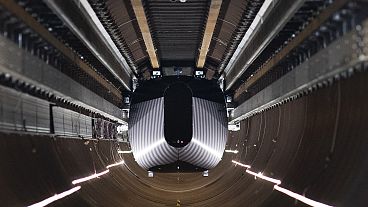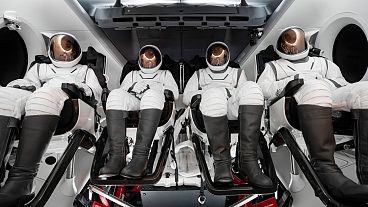The Austrian capital ranks highly for stability, healthcare, culture and environment, education and infrastructure.
Vienna has long been synonymous with art, culture, and fine dining.
The Austrian capital's popularity amongst tourists can attest to its long-enduring reputation as a place of beauty and entertainment, with 2023 seeing over 17 million overnight stays from visitors, almost reaching pre-pandemic levels.
For the more than two million living within the metropolitan area of Vienna, the city is marked by its affordability, access to healthcare and education, comparably low rents, and green spaces, amongst other factors.
This is why for the third year running the city has been marked as the "world's most liveable" city, according to an annual index compiled by the Economist Intelligence Unit (EIU), a sister company of British publication The Economist.
Among the 173 cities analysed, Europe fills out the top three: Copenhagen, Denmark came second and Zurich, Switzerland third.
What makes Vienna so liveable?
It's not only the EIU's rankings that Vienna tops, but Mercer's quality of living index, which has named Vienna number one for the past 10 years, as of 2023.
The city was also named European capital of democracy in 2023, and second in Monocle Magazine's quality of life survey.
"If you talk about surveys by Mercer or the Economist Intelligence Unit, they are very comprehensively looking into factors like availability of green space within a city, transportation or infrastructure in general," Nikolaus Gräser, spokesperson for the Vienna Tourist Board, told Euronews.
"I think Vienna indeed does tick many boxes, and as someone who lives here, Vienna is a very liveable city, it just works very well," he said. "Vienna perfectly combines northern European efficiency and southern European lifestyle, and that involves a high degree of enjoyment, it's not so much of what you can do in the city but what you want to do."
How does the ranking work?
The EIU assesses "livability" through a rating system of zero to 100 looking at 30 factors, all under one of five categories: stability, healthcare, culture and environment, education and infrastructure. Each factor is designated acceptable, tolerable, uncomfortable, undesirable or intolerable.
The scores are compiled and weighted to provide the final score, where one is considered intolerable and 100 is considered ideal. The liveability rating is provided both as an overall score and as a score for each category.
Affordable housing
When compared to capital cities London, Paris, and Berlin, Vienna stands as one of the few places where rent prices have remained relatively stable over the past decade, although still increasing over time.
The average rent, including bills, is €570 for a furnished private room, and €929 for a furnished studio apartment, according to global rental platform HousingAnywhere, with the average salary after tax being €34,188 yearly (or €2,849 monthly).
The city of Vienna is one of the largest landlords in Europe — city authorities own around one-quarter of the city’s housing stock, representing 220,000 city-owned flats and 200,000 co-operative flats.
Rents are also regulated by the city government so that none of the residents pay any more than 20 to 25 per cent of their household income on rent when living within social housing, according to the US Office of Policy Development and Research.
The city also boasts low crime rates, coming third in the 2024 Global Peace Index, ahead of Switzerland and New Zealand.
Public transport and green spaces
Vienna's consistent ranking as a highly liveable city shows that it's well-functioning, has sound policy decisions at the top and is ready for the future, according to Mayor Michael Ludwig.
"Everyone in our city benefits from the high quality of life, the stability, and the reliable infrastructure," he said.
"These achievements are not least to the credit of everyone who works for this city every day".
Approximately 50 per cent of Vienna comprises of green spaces, including parks and forested areas, official city statistics say.
Many of the vineyards grow grapes in the hills surrounding the city and are all accessible by public transport, which is heavily used — only one-third of the city’s residents drive a car.
According to Wiener Linien, the city’s operator for public transport, 2.6 million people use the public transport system every day, with more than 100 underground stations scattered across the city.
Some 73 per cent take public transport to work, 44 per cent walk, 13 per cent ride their bike, and only 33 per cent drive, as stated by Austria's Travel Portal.
The city holds 800 farms within its city limits, and almost half a million trees are under the jurisdiction of the Municipal Department of Parks and Gardens, making accessibility to nature extremely easy for residents of the city.
Perhaps the city's greatest green asset is the Danube Island, which stands as a 21 km manmade island between the banks of the Danube River.
Originally built to prevent flooding within the city, it now acts as a non-car accessible, water sport and party spot, with the metro going directly to the island.
"If you're into water sport you can go next to Danube island for windsurfing, there's trails for mountain biking and hiking," Gräser told Euronews.
"And all that within 20 minutes reach of world-class culture and culinary delights and I think that’s just the perfect combination for a place to live in".


